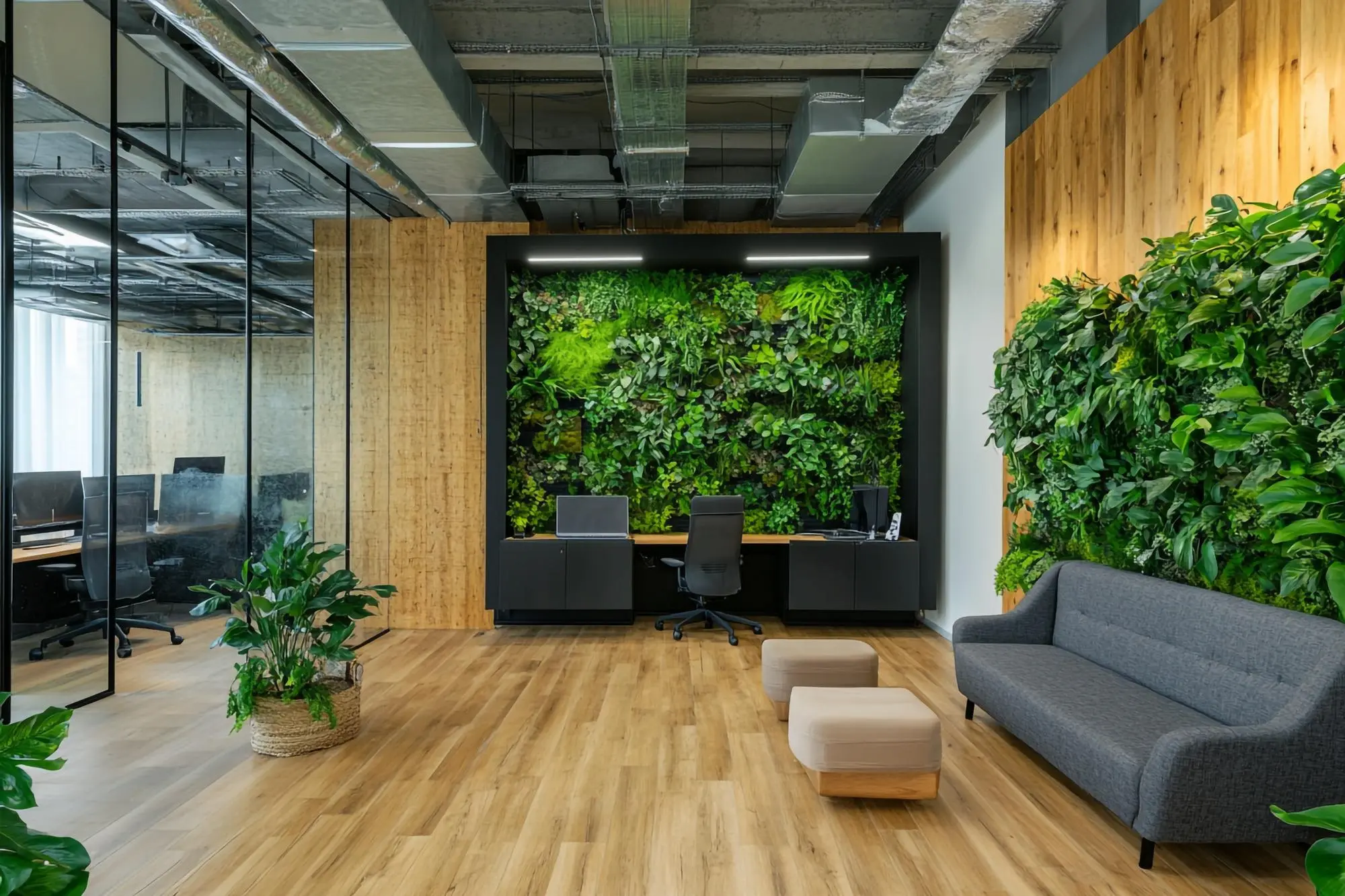8 Differences In-House and Outsourced Security
26 September 2025

The differences between in-house and outsourced security guards are crucial for every company to understand in order to ensure optimal security. Each model has its own characteristics, advantages, and challenges in protecting assets and maintaining a safe working environment.
So, which one should you choose? Let’s explore the differences below.
What Is an In-House Security Guard?
An in-house security guard is part of the company’s internal employees. They are recruited, trained, and employed directly by the company, which gives them a deep understanding of the company’s culture and internal procedures.
In-house security guards can provide consistent supervision due to their long-term involvement in the workplace. Some key characteristics include:
-
Tend to have long-term commitment and loyalty to the company.
-
Understand company rules, procedures, and values in detail.
-
Permanent presence ensures stable security control.
-
Usually focused on specific areas and tasks assigned by the company.
In-house guards are the right choice for companies that prioritize internal oversight and long-term relationships with their security team.
Read Also: 5 Differences Between Satpam and Security: Which One Is More Suitable?
What Is an Outsourced Security Guard?
An outsourced security guard is provided by a third-party company and works under a service contract with the client.
These guards are usually professionally trained by the security service provider and can be deployed across different work environments depending on the company’s needs.
Some key characteristics include:
-
Receive standardized industry training to ensure competence in various situations.
-
Can be deployed according to the company’s scale and security requirements.
-
Do not require direct management for payroll and employee benefits.
-
The number of personnel can be increased or reduced based on changing needs.
With these characteristics, outsourced security guards are a practical solution for companies that need professional protection without adding to internal management burdens.
8 Differences Between In-House and Outsourced Security Guards for Your Company
Understanding the differences between in-house and outsourced security guards helps companies choose the security model that best suits their needs and resources. Here are the main aspects that set them apart:
| No | Comparison Aspect | In-House Security Guard | Outsourced Security Guard |
|---|---|---|---|
| 1 | Employment Aspect | Internal employee, directly contracted, long-term involvement | Provided by a third party, employment status not owned by the company |
| 2 | Cost | Fixed costs: salary, benefits, facilities | Service contract fee, more flexible based on needs |
| 3 | Flexibility & Scalability | Limited, difficult to adapt to rapid changes | Easy to add or reduce, more adaptive |
| 4 | Loyalty & Company Culture | High loyalty, understands company culture | Relatively low loyalty, works for the service provider |
| 5 | Professionalism & Training | Depends on internal company training | Standardized, professional training according to industry standards |
| 6 | Management & Supervision | Direct supervision is easier, smoother coordination | Managed by a third party, limited direct control, regular reports available |
| 7 | Availability of Technology & Support Systems | Uses company’s internal systems | Can utilize modern technology from the provider (CCTV, digital monitoring) |
| 8 | Risk & Legal Compliance | Company is fully responsible for actions and legal compliance | Service provider is responsible for training and legal compliance, lower legal risk |
1. Employment Status
-
In-House Security: Internal employees directly under company contract, usually with long-term involvement.
-
Outsourced Security: Provided by a third party under a service contract, employment status does not belong directly to the company.
2. Costs
-
In-House Security: Fixed costs including salaries, benefits, and facilities.
-
Outsourced Security: Service-based costs, more flexible and can be adjusted to short-term or project needs.
3. Flexibility & Scalability
-
In-House Security: Limited in number and tasks, difficult to adjust quickly to changing security demands.
-
Outsourced Security: Easily scalable up or down based on company requirements, more adaptive to dynamic situation.
4. Loyalty & Company Culture
-
In-House Security: High loyalty and better understanding of company culture due to long-term work within the organization.
-
Outsourced Security: Lower loyalty since they are employed by the service provider, not directly by the company.
Read Also: 10 Standard Operating Procedures for Security Guards
5. Professionalism & Training
-
In-House Security: Professionalism depends on the company’s internal training and management.
-
Outsourced Security: Professionally trained according to industry standards, ensuring consistent quality and competence.
6. Management & Supervision
-
In-House Security: Direct supervision is easier since they fall under internal management, enabling smooth coordination.
-
Outsourced Security: Managed by the service provider, limiting direct control, but regular reports are usually provided.
7. Technology & Support Systems
-
In-House Security: Usually rely on the company’s own security systems, depending on available facilities.
-
Outsourced Security: Often equipped with modern technologies from the provider, such as digital patrols, integrated CCTV, and app-based monitoring.
8. Risk & Legal Compliance
-
In-House Security: The company bears full responsibility for compliance and legal accountability.
-
Outsourced Security: The provider ensures legal compliance and safety training, reducing the company’s direct legal risks.
When Should Companies Use Outsourced Security Guards?
Choosing outsourced security can be the right strategy for companies that require professional protection without adding management burdens. Here are some conditions where outsourcing is more beneficial:
1. Large-Scale Security Needs
Companies with wide premises, multiple branches, or areas requiring intensive monitoring can rely on outsourced security since personnel numbers can be scaled easily.
2. Cost Efficiency & Flexibility
With outsourcing, companies can save on salaries, benefits, and internal training costs. The flexibility of personnel deployment also makes it easier to adjust security levels based on current needs.
3. Standardized Professionalism
Outsourced guards usually undergo professional, standardized training. This ensures more consistent security quality compared to internally managed guards.
After understanding the differences between in-house and outsourced security guards, companies can make better decisions on which strategy to adopt.
For businesses that want to optimize security without adding internal management burdens, outsourcing security services from providers like SOS can be a practical and effective solution.
Read Also: 5 Primary Duties of Security Guards in a Company & Their Responsibilities
Entrust Your Company’s Security to Outsourced Guards from SOS
Choosing the right security model is essential for protecting company assets and ensuring a safe workplace. Outsourced security offers practical solutions with flexibility and professionalism.
Advantages of outsourcing security guards from SOS:
-
Personnel can be adjusted according to your company’s needs.
-
Reduces the burden of salaries, benefits, and internal training.
-
Industry-standard training ensures consistent professionalism
-
Managed and supervised by the service provider, allowing your company to stay focused on core operations.
Contact us today and consult your security needs to get the right and effective solution.



